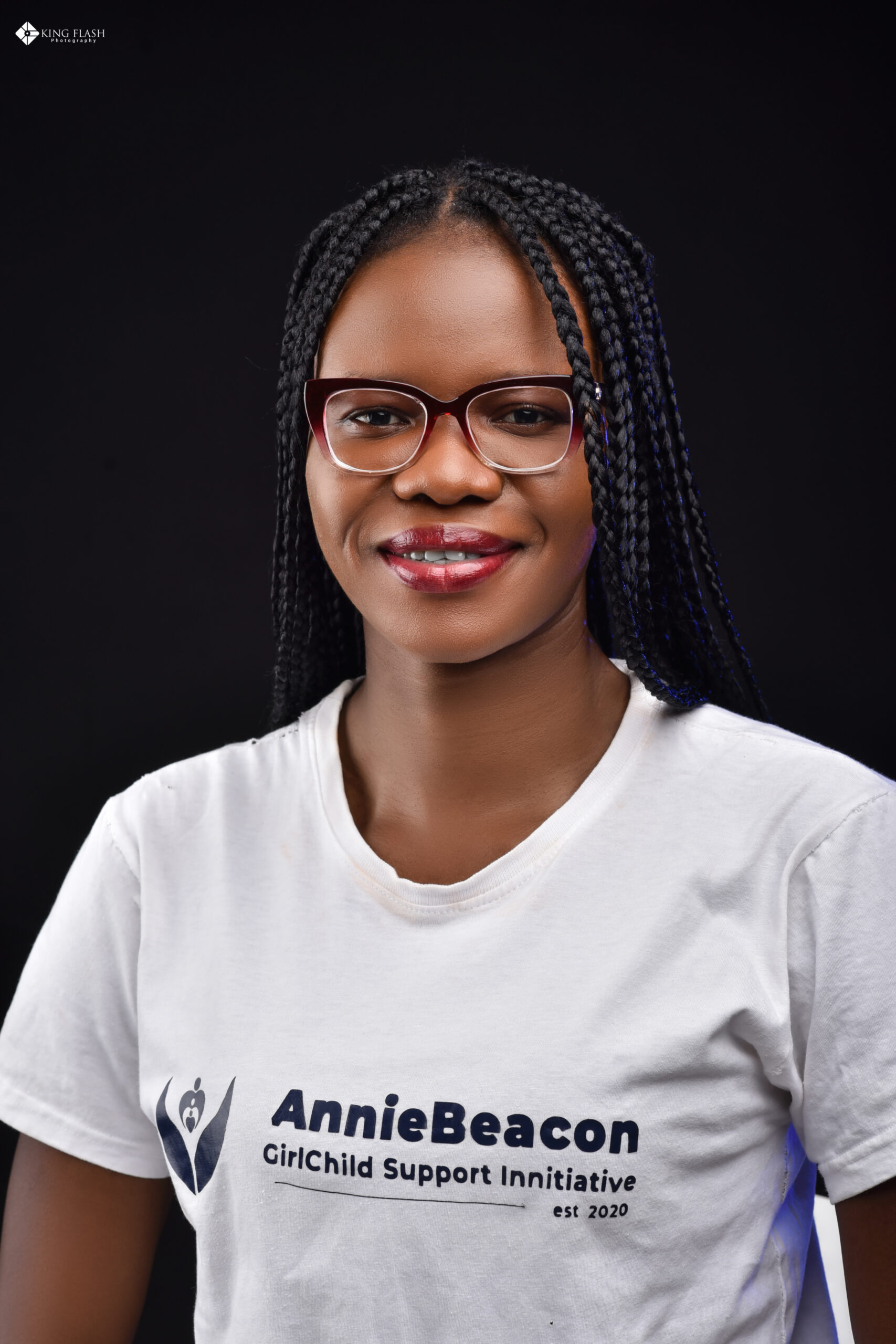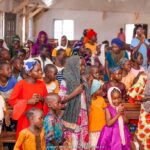According to the National Bureau of Statistics (NBS), Nigeria had an estimated 8.7 million child labourers in 2019, representing 20% of the child population in Nigeria. One such place that allows child labour is Kpandaragi, a remote village in the Nigerian state of Kwara. Here, young females grow to become domestic workers in the houses of masters or are betrothed to adult husbands from their mother’s womb.
As with hundreds of underage girls trafficked as housemaids in cities across Nigeria, 8-year-old Grace Ann left her home in Kpandaragi for her master’s home in far-flung Niger state.
“While I was working, my salary was collected to sponsor my brothers to school,” she recalled.
In the years that followed, Grace was shunted from one house to another, across different cities, working as what is known as a house girl in local parlance.
Domestic workers like Grace are generally abused and denied education, and contribute largely to Africa’s largest number of enslaved people.
Her turning point was when she was taken to the house of Biodun Adimula, a don at the University of Ilorin.
From Forced Labour to Forced Marriage
After months in the house of Prof. Adimula, Grace was summoned for a special event in her village.
“In June 2011, I was called back into the village to attend a programme. I didn’t know they were inviting me to my wedding. They planned it already,” Grace said.
In her words: “Our fathers always make deals in the village to ensure their children marry one another. And decades ago, my father had the deal to marry me off to one of the descendants of the king to get a position in the palace.”
This was the fourth time Grace’s uncles had organized a wedding ceremony for her. “It was either I was called but didn’t agree to come home or it was during the time I lost my mother,” she said.
As soon as Grace arrived in the village, she sensed that something was amiss. Yet her renewed belief in God filled her with courage. The old traditions were certainly unjust, and Grace was poised to oppose them however challenging it would be.
“I was locked up and beaten for days. Because I was caught while running away from the wedding they planned for me. I remember that Koboko was what my sister’s husband used on me while others used canes. I was stripped naked and beaten,” Grace recounted.
“In fact, I am sure I am the first person who will refuse to get married to the man one was already engaged to from birth. And I know if I got married I was going to end up as a baby factory and being the first of many wives, he would marry after me. He was capable of marrying 10 wives. Because, after I left, I learned that he got married a month later to a woman he impregnated.”
Salvation soon arrived for Grace when her master, Professor Adimula, summoned for Grace’s return, to continue her domestic duties. Once back home, her master’s wife adopted Grace and offered to enroll her in school.
“I was taken to Suleja where I started at Primary four. It was a struggle to get a school that would accept me because of my height, size, and age.”

AnnieBeacon Girl Child Support
Finally a student in mass communication at Federal University, Oye-Ekiti, Grace thought about leaving an indelible impact in her local community in Kwara. She knew she couldn’t do it without building capacity.
“In 2021, we officially launched the AnnieBeacon Foundation in school. I didn’t start this because I wanted to make a name for myself or be recognised. I started because there are girls who can be great tomorrow but they are not given the chance in my village. If they are given the right education, I believe the world will become a better place for them and others,” she said.
AnnieBeacon Girls Support Initiative has impacted more than a hundred girls with sanitary pads and educational materials, while fostering conversations around women and girls.
Beaming with smiles, Grace expressed her gladness as she finally graduated from the university at age 33 amid the odds. “As far as I know, I am the first holder of a West African Examination Council (WAEC) certificate from the village and the first female graduate from the village. I even doubt if there is a male graduate from there.”
Although Grace doesn’t have adequate money to register her non-governmental organisation, she envisages a future where she will return to the village and build primary and secondary schools with the help of the government.
“Girls in the village who are married off early often have no work or skills to support themselves. They have to rely on their husbands for everything, even small purchases like Maggi or salt. Without any way to earn their own money, they are often vulnerable to abuse. They have no financial independence or options for escape. This is why education is so important for girls in rural areas. It gives them the skills and resources they need to stand on their own and take control of their lives,” she told Prime Progress.
Grace further expressed her hopes to become the Girl Child Ambassador for the United Nations (UN) someday.
According to the National Bureau of Statistics, Nigeria had an estimated 8.7 million child labourers in 2019, making up 20% of the child population. One example is Grace Ann from Kpandaragi, who was trafficked as a domestic worker and denied an education. Her life changed when she was taken in by Professor Biodun Adimula, who later adopted her and enrolled her in school.
Grace's turning point came when she escaped a forced marriage arranged by her father to secure a position in the village palace. Despite being beaten for refusing to marry, she was eventually rescued when Professor Adimula called her back to continue her duties.
Empowered by her experiences, Grace launched the AnnieBeacon Foundation in 2021, aiming to improve the lives of girls in her village through education and support. The initiative has provided over a hundred girls with sanitary products and educational materials. Grace graduated from university at 33, becoming the first female graduate from her village. She envisions a future where girls in rural areas gain financial independence through education, thereby reducing their vulnerability to abuse. Grace hopes to become a Girl Child Ambassador for the United Nations one day.






